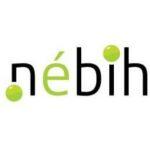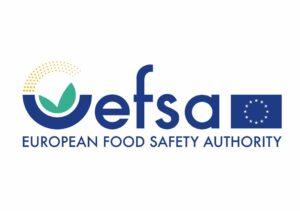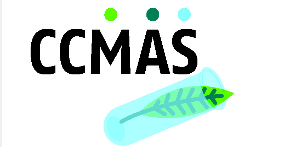Partnership
The area of food safety data science is in its early phase: various universities, research groups and public administration institutions work in this area across Europe. Nevertheless, we face many common challenges (e.g. data availability and quality, lack of standardisation, missing ontologies, low level of data literacy, etc.), which could be solved only by strong international collaboration.
The experience gathered during our work, as well as the research results, must be included in the international professional-scientific circulation, and it is also critical for us to maintain the international network, gather information and liaise with potential consortium partners. Within this framework, DFI plans to organize workshops and conferences on topics within its scope of activities.
We work closely with the National Food Chain Safety Authority (NÉBIH) in several areas, including the identification of emerging risks. A cooperation agreement has been signed between the two organisations. An important part of the cooperation is based on that Article 38/A (11a) of Act XLVI of 2008 on the food chain and its official control states that NÉBIH "shall provide the University of Veterinary Medicine Budapest with free access to the individual data for scientific purposes related to risk assessment, data analysis, research and development and statistical purposes, in accordance with the schedule specified in the contract".
Among many international contacts, the European Food Safety Authority (EFSA) is the most important one. As the European institution responsible for food safety risk assessment, EFSA has also various data-related activities. EFSA collects food consumption and food contaminants data from all over Europe.
The Digital Food Institute collaborates with EFSA in various fields: risk assessment, emerging risk identification, strategic planning, applying social science methodologies in food safety decision making and also in data collection and modelling activities. Through the various EFSA networks we also collaborate with many European risk assessment institutions and public health authorities.
The Codex Committee on Methods of Analysis and Sampling (CCMAS) is one of the committees of Codex Alimentarius Committees (CACs) that was established by the World Food Organization (FAO) and the World Health Organization (WHO) in 1963. CCMAS is a so-called horizontal commission that deals with general issues affecting the food chain. Its main task is to assess the adequacy of methods for testing compliance with Codex standards and to provide expertise in various issues related to analytical and sampling methods. The secretariat of the CCMAS and the organization of the meetings of the committee have been provided by Hungary since 1972.
Chair: Attila Nagy (National Food Chain Safety Office)
Vice chair: Zsuzsa Farkas PhD (DFI)
CCMAS Hungarian National Committee Chairman: Ákos Jóźwiak DVM PhD (DFI)
- 2021 DFI. All rights reserved.



